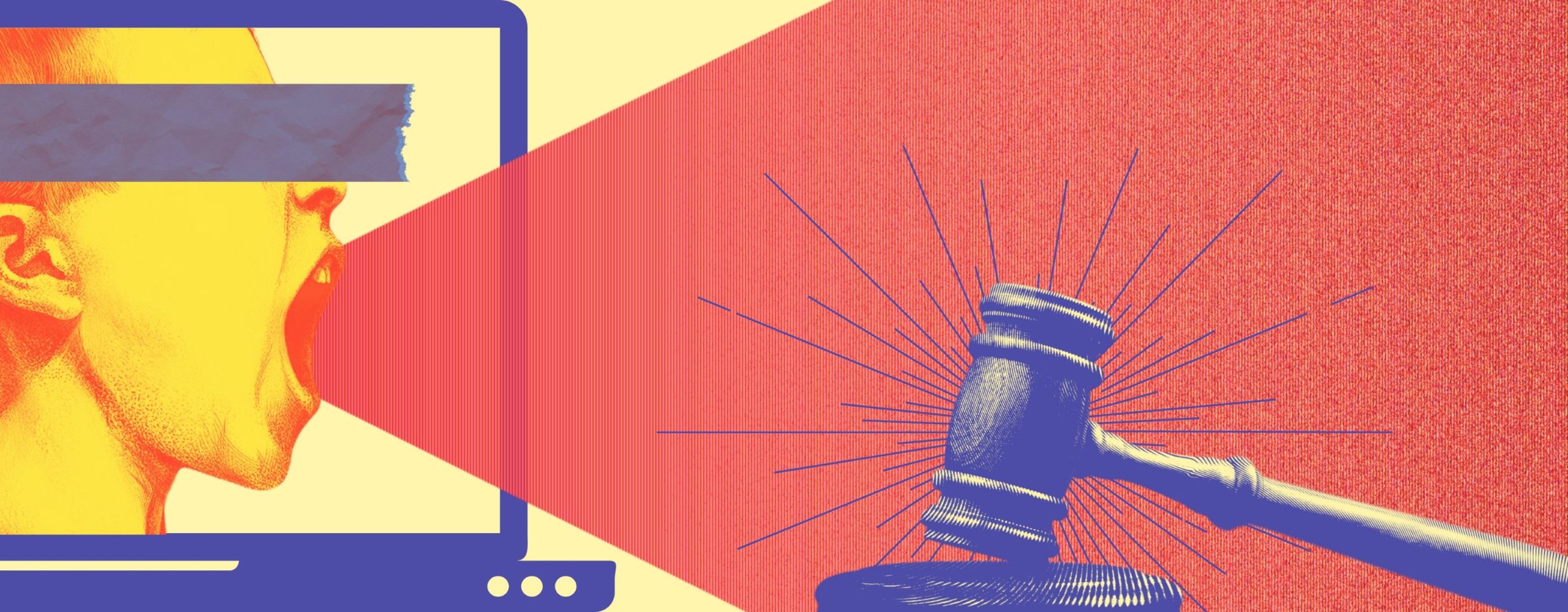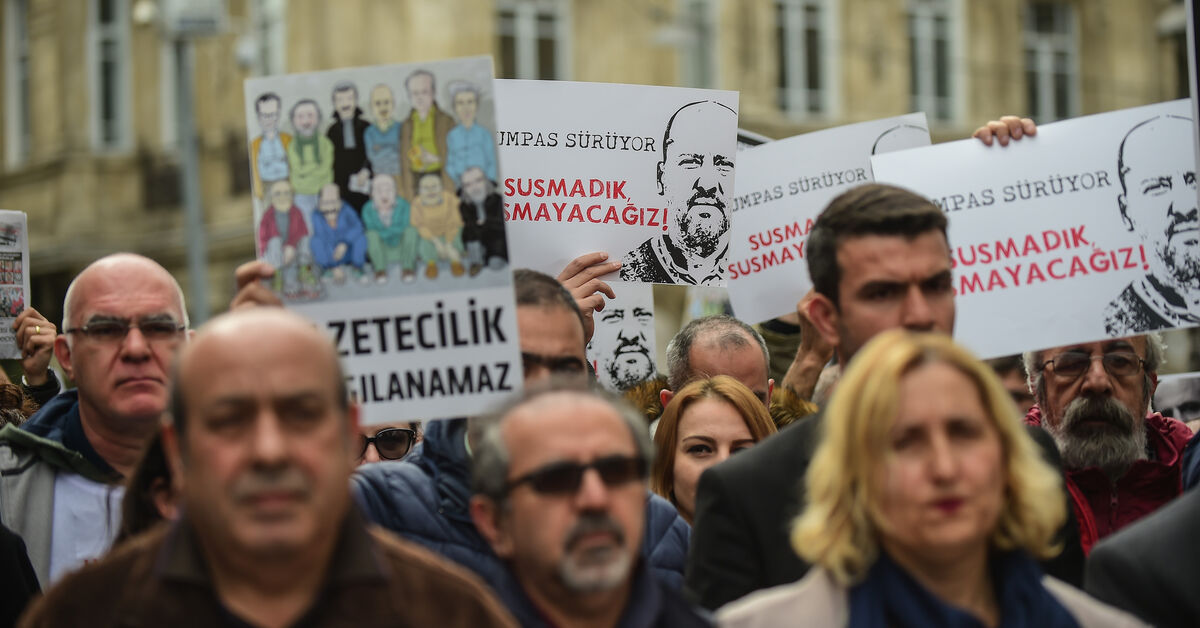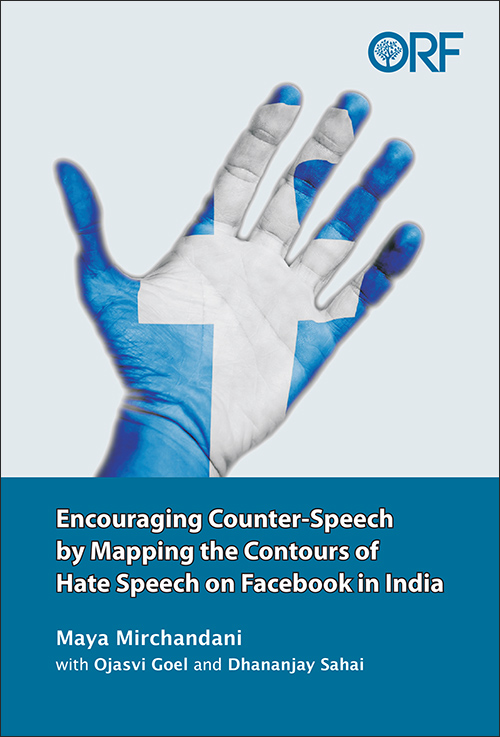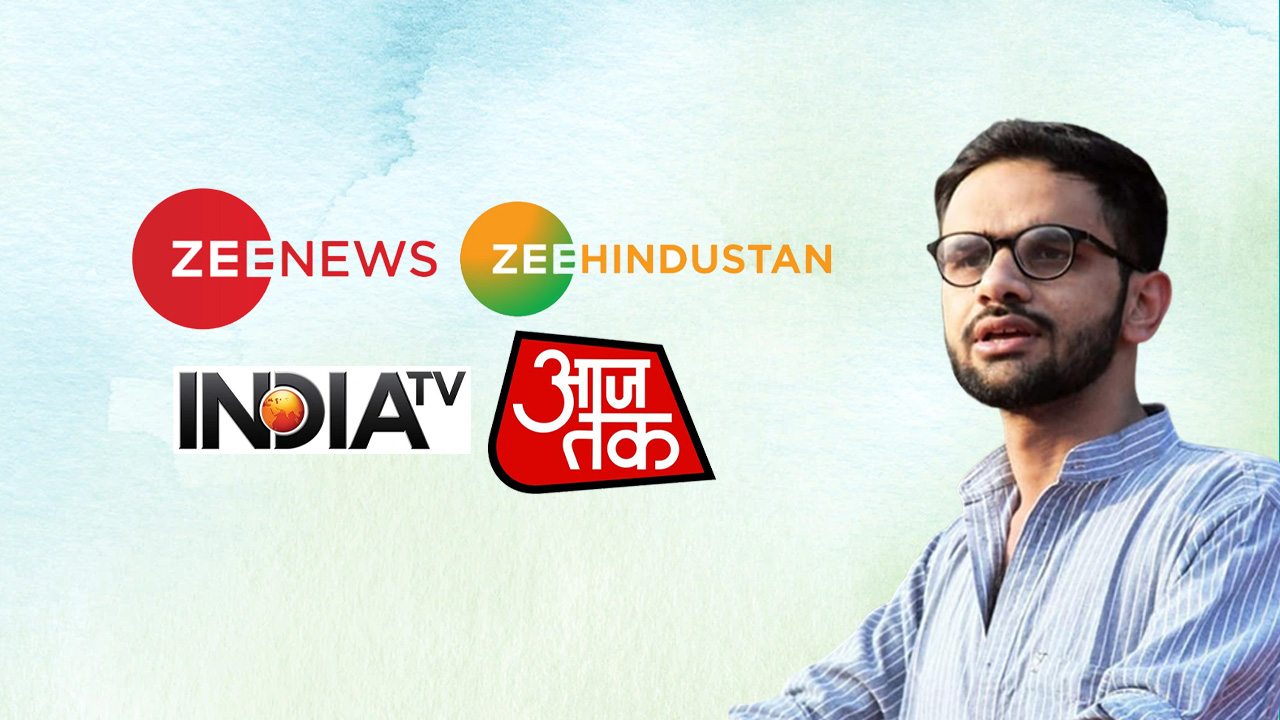
With the United Nations (UN) stepping up their efforts to counter the rise of online hate-speech and targeted violence, this week's TypeRight looks into the thin lines that could cross over into censorship, and how other means could be used to counter hate.
The sheer amount of hate speech that is going around the Indian cyberspace is troubling. It has long crossed levels of trolls and memes of hate, and very often spills into the real world from the online.
TypeRight has already tracked and written extensively on the online and offline hate being perpetrated in India, you can read more in our previous issues:
Chapter Thirty-one looked into the Bullibai-Sullideal atrocity and on how BJP's TekFog had automated hate:
Chapter Thirty-Two looked into the Indian alt-right's meme verse, and how they used memes to spread hate online:
Chapters thirty-six and thirty-nine looked at how the hijab issue was used online to further cultivate hate against India's most targeted religious minority community, the Muslims, and often Christians.
-and chapter forty-two on how it spills over into the economy:
June 18th was declared by the UN as the International Day for Countering Hate-Speech. After expressing concern over “the exponential spread and proliferation of hate speech” and adopting resolutions for “promoting inter-religious and intercultural dialogue and tolerance” last year, the UN's new plan "emphasises the need to counter hate holistically and with full respect for freedom of opinion and expression, while working in collaboration with relevant stakeholders, including civil society organisations, media outlets, tech companies and social media platforms."
The UN General Secretary, Antonio Guterres tweeted about the campaign and the fight against spreading hate. His tweets show comprehensively declares the menace of hate speech and what remedies could be adopted:
The General Assembly of the UN had also held an event commemorating this on 20th June. importance of collective responsibility to address this phenomenon and its impact on communities. He also stressed the need to equip learners with the knowledge and skills to counter hate speech. While the above infographic is a useful overview, a larger plan to tackle this must be made.
Instances of hate-related violence that started online and catalysed people into committing atrocious acts are common- the recent shootings in the US, or the one from Christchurch are just a few of them. In India, The Wire's Heartland Hate Watch is one program that tracks instances of hate speech in the Indian heartland.
In less than a year, they had tracked over a hundred cases of hate speech and hate crimes. The DOTO database has logged around 1400 instances with over 250 fatalities.
While some of the issues boil down to demarcating between free and hate speech, these lines are blurred when one looks at the instances of mob-violence.
As part of the UN's efforts, the Association for Progressive Communications (APC), of which DEF is a part, also launched a campaign to counter online hate.
DEF joined the call with its own campaign:
From the campaigns worldwide, the most pointed out means to tackle hate online is to build legislation. A lack of legal framework and precedence in handling cases of hate has only increased impunity to the perpetrators. However, this is trickier than it seems.
Online platforms prefer to monetise viral content that may turn out to be harmful rather than protecting their minority users, or even the larger society. With increasing number of people accessing the internet, the companies profiting of hate needs to be curbed, and the moderation of content should not be left just to the governments in power to decide.
In the US, the courts fiercely protect first amendment rights, and in the process often overlooks xenophobia, racism and discrimination. Germany, for instance had attempted to do so with the Network Enforcement Act a while back. Social media platforms are to remove hate speech within 24 hours, or face heavy fines. Turkey had also planned a similar law, but both are facing strong criticisms.
A German court had even declared the law unconstitutional:
It is not necessarily the case that India lacks laws. But we do not have a clear legal definition of hate speech per se. While the IT Act was struck down by the court, there are still laws that can deal with "promoting enmity between different groups on grounds of religion" or "deliberate and malicious acts, intended to outrage religious feelings of any class by insulting its religion or religious beliefs". Just like in Germany or France, these laws are extremely prone to misinterpretation and misuse. Blanket laws that attempt to curb hate more often tend to curb free speech, or speech that the state, governments and their institutions deem to be hateful towards them. If they end up targeting dissent instead of hate, the lines are less blurry and more in favour of those in power. And this remains a worrying case for India, which has recently been clamping down on many forms of dissent and criticism.
This report, while a couple years old, is still relevant in tracking the rise of this hate:
The ORF report tries to explain 'counter-speech' as one method of tackling hate, something that is a response to the general idea of hate and not reactionary to particular instances. If " “hate speech” is expressions that advocate incitement to harm—discrimination, hostility, violence—based upon the targets being identified with a certain social or demographic group," then counter-speech is “crowd-sourced responses to extremist or hateful content."
Another possible alternate way is to have a broad plan for Media and Information Literacy. This article by DEF's founder-director Osama Manzar explains the MIL program and DEF's initiatives in bringing it about.
The Digital Empowerment Foundation also runs several community driven efforts to counter hate and disinformation, through our various CIRCs and Soochnapreneurs, and more recently, through a chatbot. You can read more about the chatbot here:
In other News
Continuing from previous coverage on Pegasus, hacking and clamping on dissent, this report shows how human rights activists were targeted after having their computers hacked and planted with false evidences:
And in some positive news on countering hate and disinformation, media trials against undertrial people were deemed illegal, as the News Broadcasting and Digital Standards Authority ordered websites and youtube channels to remove past content of such trials.
Other Updates from DEF
World WiFi day and twenty years of our efforts in bringing connectivity to the margins:
As COVID numbers are once agains starting to pick up, our COVID warriors are spreading awareness:
From our health camp in Kachalli as part of the SmartPur Project:
Until next time, here's to reminding all our readers that Hate Speech is not Free Speech!





































 might be?](https://sk0.blr1.cdn.digitaloceanspaces.com/sites/1394/posts/714526/dbc8de4c-5c50-411f-aba0-55cfb74a692d.jpeg)

Write a comment ...